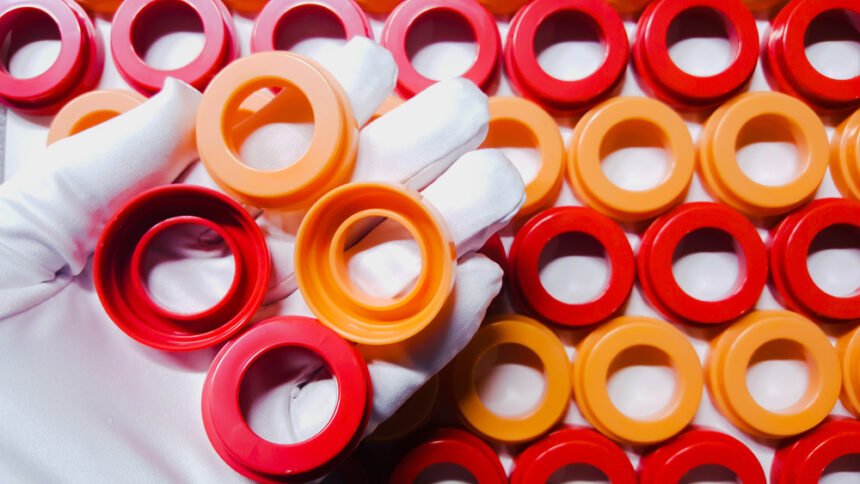We have seen incredible technology advancements across many fields. However, healthcare is on a whole different level. We have made remarkable advancements in this field, improving the technology and materials used for medical treatments.
However, it might surprise you to learn that everyday items you don’t often think about can often be the biggest game-changers. You can discover how injection-molded medical products stand out from the crowd below.
High-Volume Production
Most injection molding manufacturers use injection molding tools and dies to make complex shapes. The incredible detail in the final products might make you assume everything from containers to tubes and syringes take ages to make. When things take a long time to make, there can be supply chain issues.
In the healthcare industry, delays can spell disaster. However, most manufacturers have injection-molded product creation down to a fine art. They are capable of high-volume production and can make thousands of products quickly. Whether you need a large order of syringes or a bulk supply of face shields, you rarely have trouble getting what you need quickly.
High-Quality Materials
There is no one-size-fits-all approach to medical equipment. Not all materials will be suitable for all products. Fortunately, most injection-molded product manufacturers can access a broad range of materials.
For example, they might use acrylics as a lightweight and shatter-resistant alternative to glass. Acrylic has recently been used to create PPE face visors and sneeze guards, two of many COVID-19 innovations.
Manufacturers can also use polycarbonate, rubber, nylons, and more. Polycarbonates are often used in engineering for their strength and easy molding. Often, nylons are also preferred for how easy they are to melt into fibers, films, and shapes. All materials have their advantages for different applications. It’s also worth noting that these materials have other great properties. Many are developed to be biodegradable and biocompatible.
Consistency
Injection-molded product manufacturing has greatly improved in recent years. In fact, most manufacturers have the process down to a fine art. Whether you make large or small orders, customers generally enjoy the same quality across all batches. This is because manufacturers understand that slight discrepancies can result in product failure. They also ensure that all products they produce follow FDA guidelines for patient safety.
Cost-Efficiency
Healthcare can be expensive. For example, Americans spend an average of $530 on an emergency department visit. However, there’s a chance healthcare could be costlier if we didn’t have access to injection-molded medical products.
Since plastic is a low-cost material, and injection-molded products are generally bought in bulk, customers can enjoy lower per-unit rates. This can be especially true of single-use products. The less healthcare facilities pay for products, the more affordable they can often be for consumers.
Excellent Mechanical Properties
Most high-quality injection-molded medical products feature engineering-grate plastic resins. These resins look like small balls of plastic in their raw form. Once processed, they become unique products with excellent temperature resistance and tensile strength. Working with raw materials also often means that businesses can pick unique colors to suit their branding and procedural needs.
You won’t find many medical facilities that don’t use at least one injection-molded product. Their affordability, consistency, and superior materials make them stand out for all the right reasons.








